Will battery technology be the end game for sustainable cars or will it eventually be overtaken by other alternatives?
Either way, the vast quantity of research done to date points to the fact that battery storage is the most efficient way of using electricity on the move simply, because it doesn’t involve converting it from one energy carrier to another (like hydrogen, for example).
BMW added to the stream of announcements in September, with news of a switch in battery cell design and a ramping up of manufacturing capacity. It opened the Battery Cell Competence Centre in Munich in 2019 and over the years has built up a network of 300 partners, ranging from companies to universities. For its sixth generation of battery, it’s changing both the format and the chemistry, improving volumetric energy density (how much energy is crammed into a given space) by 20% and charging speed and range by 30%.
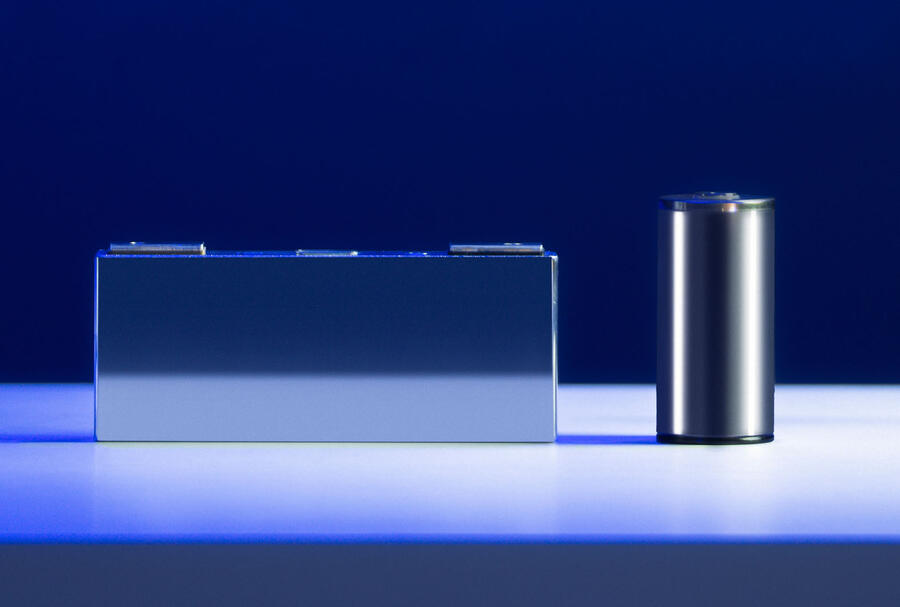
The change in format is from prismatic (rectangular-shaped) cells to cylindrical cells, in two different lengths but both 46mm in diameter. The new cells contain more nickel and less cobalt on the cathode (positive electrode) than before and more silicon in the anode (negative electrode). More silicon suggests faster charging, and since the batteries will all form part of 800V drivetrain systems, it’s perhaps not surprising that the new class of battery will do that, with the 10-80% charging time reduced by 30%.
As well as the usual improvements in capacity and performance, the cells should lead to more sustainable batteries and include recycled raw materials. Suppliers will include recycled cobalt, lithium and nickel in the cells and make them using only renewable energy. The aim is to reduce the carbon footprint of the cell manufacturing process by as much as 60%. Given the controversy surrounding materials used in lithium ion batteries, the ultimate aim is to use fully recyclable cells.

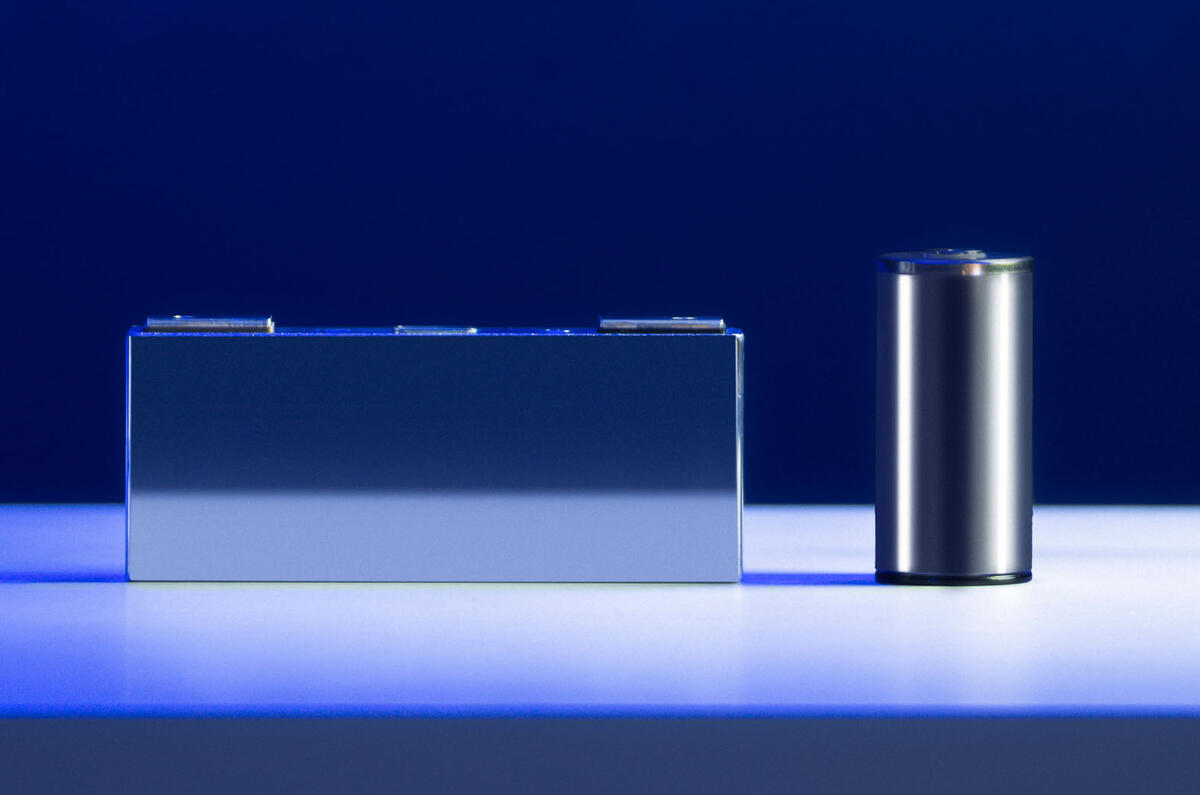
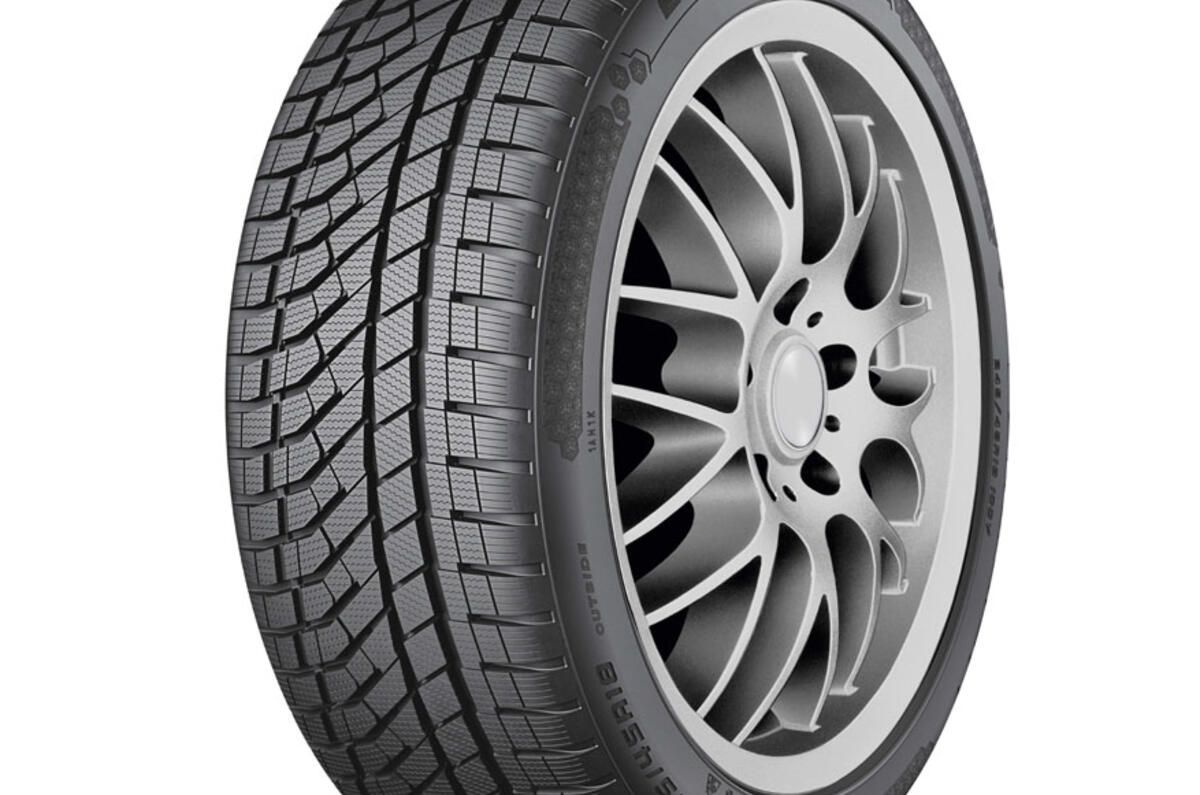
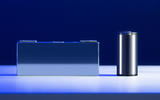
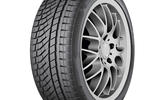

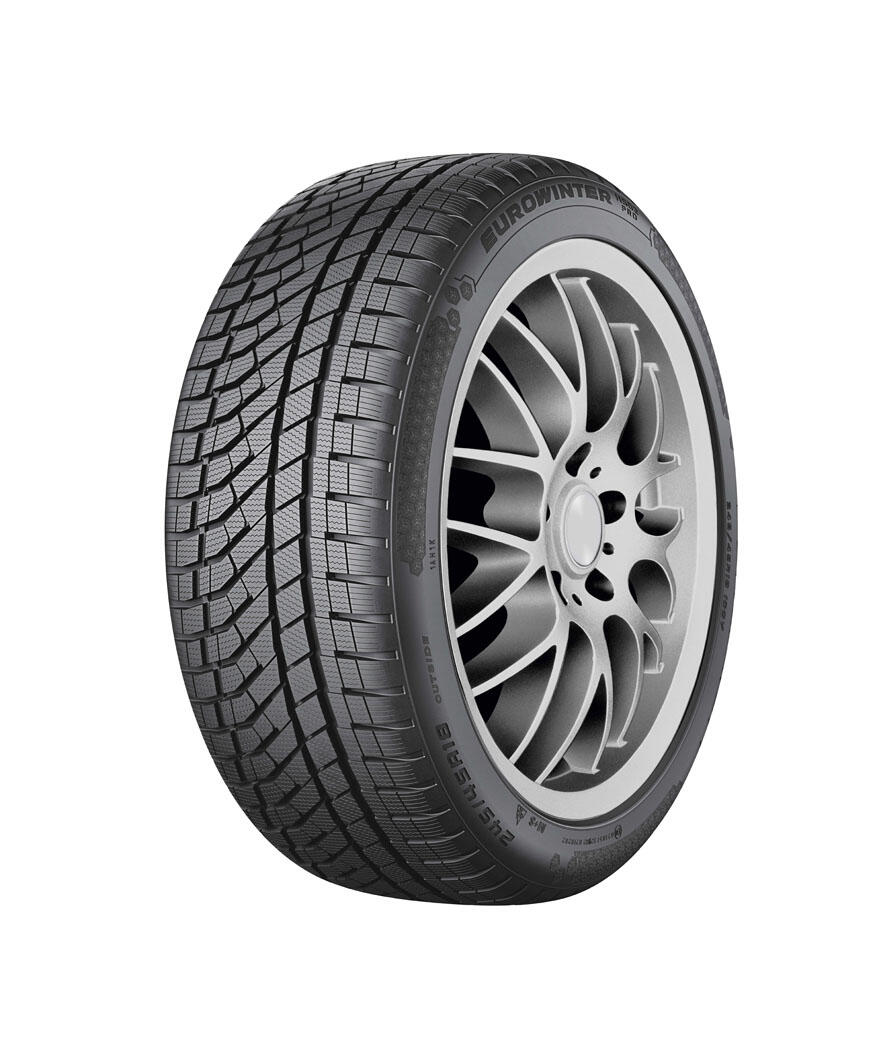


Join the debate
Add your comment
please can you tell us at what speed the tyres shifts that much water? I guess at the limit of its speed rating? Without the context its an easily abusable stat
It is for a 245/45R18 at 240kph. There's 87 different sizes, among three speed ratings, so less abusable stat, more pointless waffle. Regardless of size and speed rating it manages a B rating for grip.
Heard all this before. All these improvements to batteries will still be put in car costing at least £50-60k, so of not interest to me.
The cost of living crisis and increasing interest rates rule these cars out on finance too.
The switch to EVs may have been seen to be happening but that was because car sales were down in general, the price of ICE cars has accelerated faster than inflation in recent years (to give the illusion that the price of EVs are becomming more competitive) and people giving up on car ownership so renting them via finance deals instead, some via schemes their employers run that saves them tax on monthly payments too.
The time of people over-stretching themselves with monthly payments on expensive cars like Teslas that they can't afford to buy is over. Now the cost of living crisis is starting to bite, and increased interest rates, this will all end in tears unless the car makers start making truly affordable EVs for the mass market.
Otherwise people will just keep the polluting ICE cars they currently have, or buy a cheap old ICE car to replace their Tesla that's coming to the end of its lease period.
Pretty much all cars have gone up way too much on leases. My Tesla has gone from £520 to £720 for renewal. Won't be happening. Not just Tesla I'll point out. Qashqai from £230 to £320, 5 series £450 to £600, etc, etc.
Car makers need to get a grip. New market will collapse within 6 months, and people will down spec big time. People won't pay £500 for a non premium car. Is there collusion between car manufacturers on leasing price? Will be interesting to unpick profit levels now.